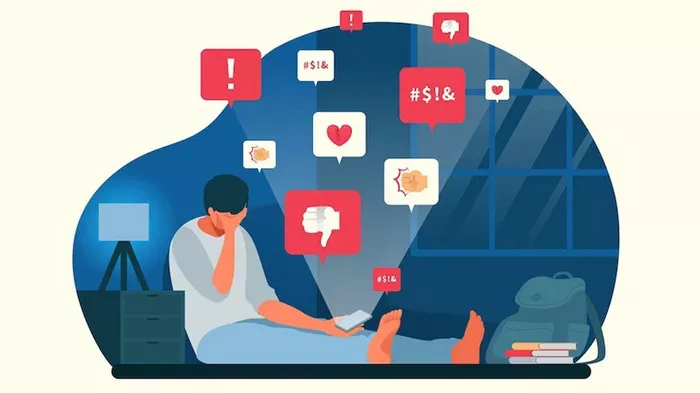The rapid advancement of artificial intelligence (AI) and automation is transforming industries, but it’s also introducing new mental health challenges for workers. While these technologies promise increased efficiency, they are also causing widespread anxiety about job security, skill obsolescence, and the ethical implications of AI-driven decision-making. A report by the McKinsey Global Institute found that 48% of employees fear their jobs could be replaced by AI within the next five years, leading to heightened stress and uncertainty.
One of the most significant concerns is the pressure to continuously upskill. As AI takes over routine tasks, workers are expected to adapt by learning new technologies—often without adequate training or support. This constant need to “stay relevant” has created a culture of perpetual stress, with many employees feeling overwhelmed by the pace of change. A study published in Nature Human Behaviour linked this phenomenon to increased rates of imposter syndrome, where workers doubt their abilities and fear being “found out” as inadequate.
Another issue is the emotional toll of working alongside AI. In customer service roles, for example, employees are often required to interact with AI systems that lack empathy, leading to frustration and emotional exhaustion. Similarly, workers in fields like healthcare and law report feeling uneasy about AI making decisions that were once the domain of human judgment.
Despite these challenges, some companies are leveraging AI to improve mental health at work. AI-powered tools are being used to monitor employee well-being, provide personalized mental health resources, and even predict burnout before it happens. However, experts caution that these solutions must be implemented ethically, with transparency and employee consent.
As AI continues to reshape the workplace, addressing its mental health implications will be critical. Employers must balance technological progress with human-centric policies, ensuring that workers feel secure, supported, and empowered in an increasingly automated world.


